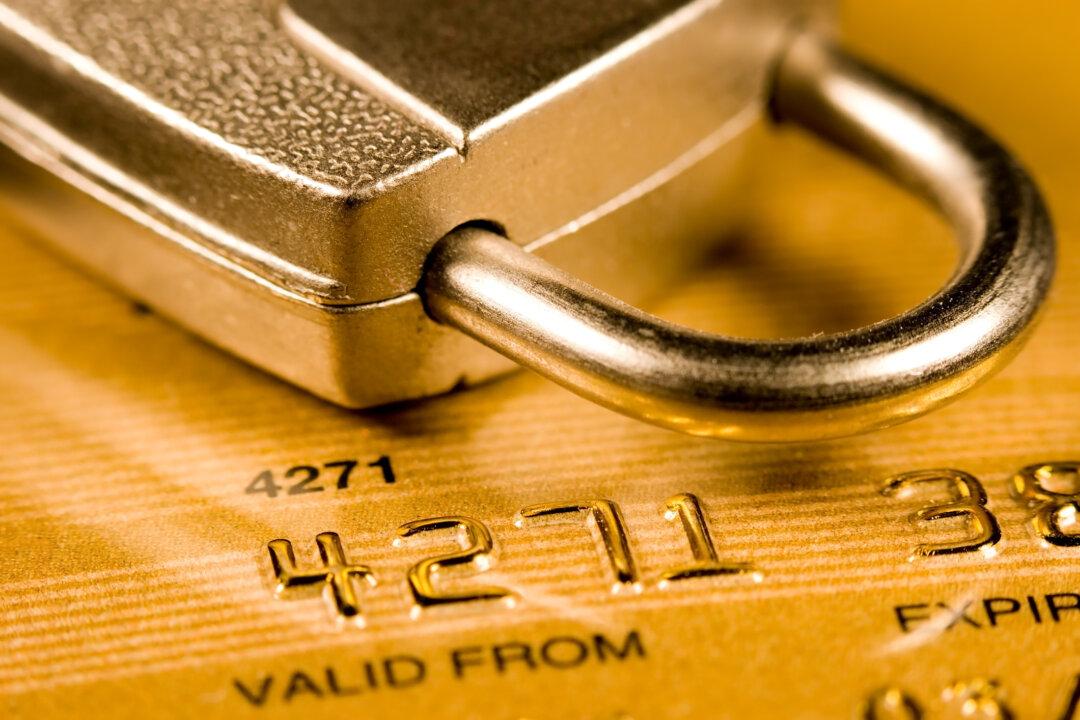By Rivan V. Stinson
From Kiplinger’s Personal Finance
Credit card issuers offer many perks for their customers, but one of them is peace of mind. Cards often provide some protections against thieves and unauthorized charges.

Credit card issuers offer many perks for their customers, but one of them is peace of mind. Cards often provide some protections against thieves and unauthorized charges.